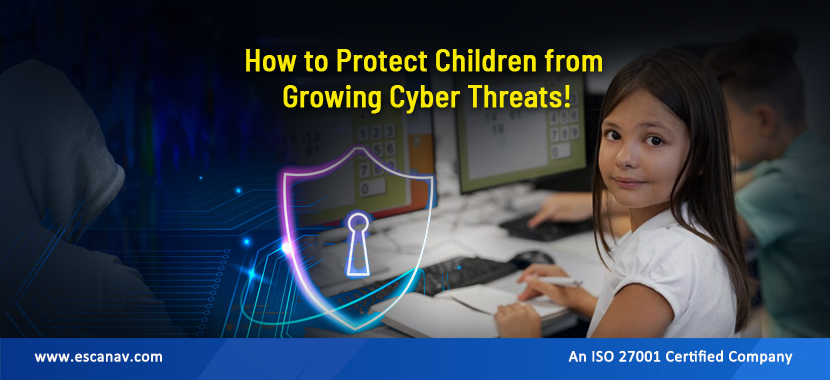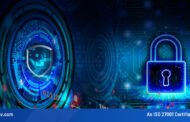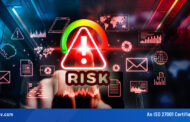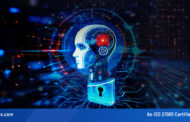- 90% of children over 8 years old are already using Internet.
- Only 40% of parents are aware that their children have faced cyber threats.
The importance of education in our culture cannot be overstated, since it is what allows us to progress as a society and shares knowledge and values that we deem essential with the next generation. As our society becomes more digitized, and especially as children use technology more and more as they grow up, it is vital that education stresses the importance of safely using this tool. Despite the benefits that technology offers in education, culture, and entertainment, it can also present some risks that must be carefully considered.
According to the report “Why Children are Unsafe in Cyberspace” from the Global Cybersecurity Forum, 72% of children around the world have experienced a cyber threat. It is alarming because it can negatively affect the mental and physical health, privacy, integrity, and integrity of the youngest. According to the report, children are facing increasing challenges when it comes to protecting themselves online, especially since 90% of children over 8 are already active online, but only 40% of their parents are aware of cyber threats.
MicroWorld Software Technologies believes that although efforts to increase awareness and implement new security measures are increasing, they are not sufficient. There are a number of threats that children face today, most of which are unknown to them, and often, their parents are unaware of them as well. To ensure the protection of children online, preventive measures must be taken now. Protecting them involves the following measures:
Learning cybersecurity through play: When children play, they learn concepts more effectively, since having fun allows them to learn concepts more easily. As a result, practical exercises can be offered that simulate threats so they can learn how to protect themselves. It is also possible to develop apps and online games to help them acquire this knowledge, recognize threats and know how to protect their personal data.
Ethics as a banner: Teaching cybersecurity always involves ethical principles, as instilling ethical principles is very important for the development of future responsible citizens. Developing technological skills should be accompanied by conscious usage.
Demystifying the hacker: Children should have a thorough understanding of this figure’s complexities. As well as cybercriminals who harm computer systems, there are also “good hackers” or “White Hats” who use their computer expertise ethically to identify potential systems breaches or errors in companies and prevent them from occurring.
Cybersecurity in the educational curriculum: Security education in schools is one of the main strategies to prevent threats affecting minors. There is a pending issue of cyber security in schools, and it would be very useful for teachers to raise awareness among children about risks and teach them some tools to protect themselves. For this, it is crucial to have educators with digital knowledge and highly recommended that they offer such cybersecurity talks so that parents can also have some basic knowledge of how to help their children protect themselves online.
Creating a secure network: Additionally, children should learn how to create secure networks to avoid potential threats, such as phishing. A malicious link or attachment can be attached to an email in order to deceive people into clicking on it. Children may have difficulty detecting these emails because they seem to come from a friend or family member, who appears familiar. To prevent cyberattacks, they need to learn how to detect when new ones are coming, to use secure passwords as an additional barrier, to protect their social media accounts, and to recognize phishing scams.
It is harmful that children are exposed to cyber risks at such a young age, because it could jeopardize their emotional health, their physical health, and their privacy. Children need cybersecurity education to identify threats and respond effectively to them. In this sense, kids can feel safer online, and at the same time, we are building a more aware and responsible society in the use of new technologies.







